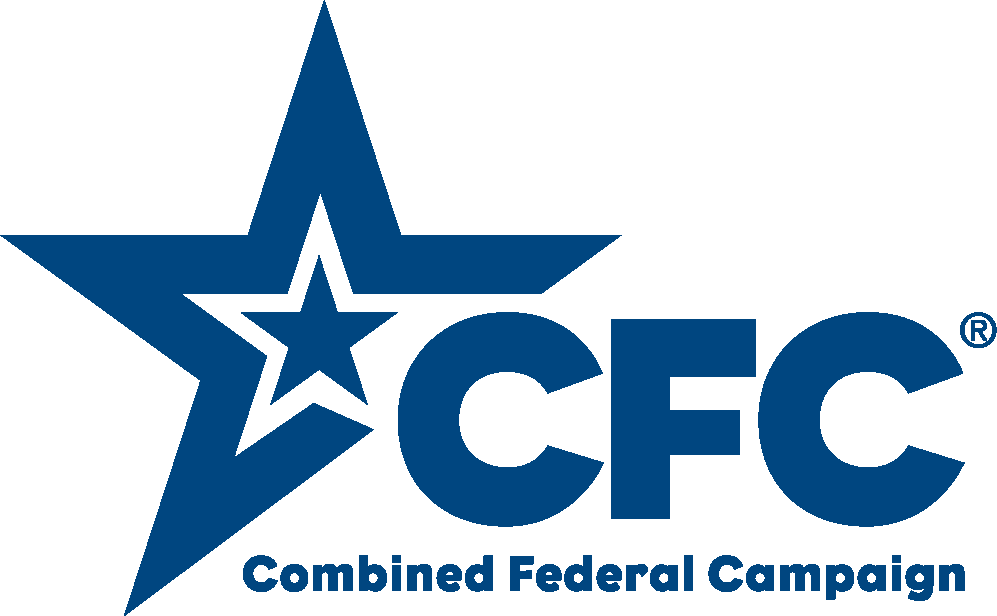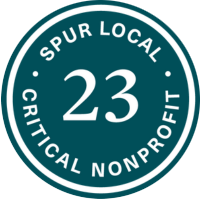
Chairperson Bonds and honorable members of the committee,
Thank you for the opportunity to testify today. Before I begin, I’d like to note my disappointment that this hearing was moved, which has pushed out working people who made time in their schedules for the hearing. I am so excited to be able to speak and to express my support of the Green New Deal for Housing Amendment Act of 2022, personally as a born-and-raised Washingtonian and current resident of Ward 4, and as member of Jews United for Justice (JUFJ), a grassroots organization that brings together Jews and allies to advocate for social, racial, and economic justice here in DC. This legislation will strengthen our DC communities, improve the lives of DC residents, and serve for other cities as a model of a creative, community-driven response to the interconnected problems of the moment: housing, and environmental sustainability.
Climate change is already worsening the housing crisis in cities across America. If climate change is allowed to continue, researchers in Climate Central’s Surging Seas program predict that here in DC there will be flooding events of over 6 feet above the tideline by 2040, jeopardizing homes in low-lying areas.
From autumn of 2020 to autumn of 2021, I served as a case manager at a drop in center for people experiencing housing instability, housing loss, and homelessness. The clients with whom I worked typically earned at or under 30% of the area median income, and included residents on fixed incomes from SSI and SSDI. Households earning under 30% of AMI have few viable paths to secure, affordable housing in our city. While inclusionaryve zoning was intended to mitigate the effects of gentrification and more equitably distribute the benefits of new developments, it has not lived up to its promise, particularly for DC’s lowest income renters. When I looked into inclusionaryve zoning with clients, we found that opportunities for deeply affordable housing through inclusionaryve zoning were slim to none. On the other hand, public housing openings were so competitive that clients would wait in line overnight outside of buildings for applications, and still report the next morning that they hadn’t made the waitlist. The current model of private housing development in DC excludes low-income renters and contributes to displacement and housing insecurity, even as it produces new units. At the same time, public housing does not meet the needs of residents, either in quantity or quality of housing opportunities.
This is why I am so excited by the Green New Deal for Housing, which establishes a new, social housing model for affordable housing, guarantees that 1/3 of units developed as social housing will be affordable to families making at or below 30% of AMI, and addresses the housing and climate crises together. The crises are serious and complex, and I appreciate the challenges that the Council and the city have ahead, but this legislation shows that you also have the tools to creatively address the problems of housing and climate. I urge the Council to support the Green New Deal for Housing so that this important work can begin.
Thank you,
Charlotte Hovland





